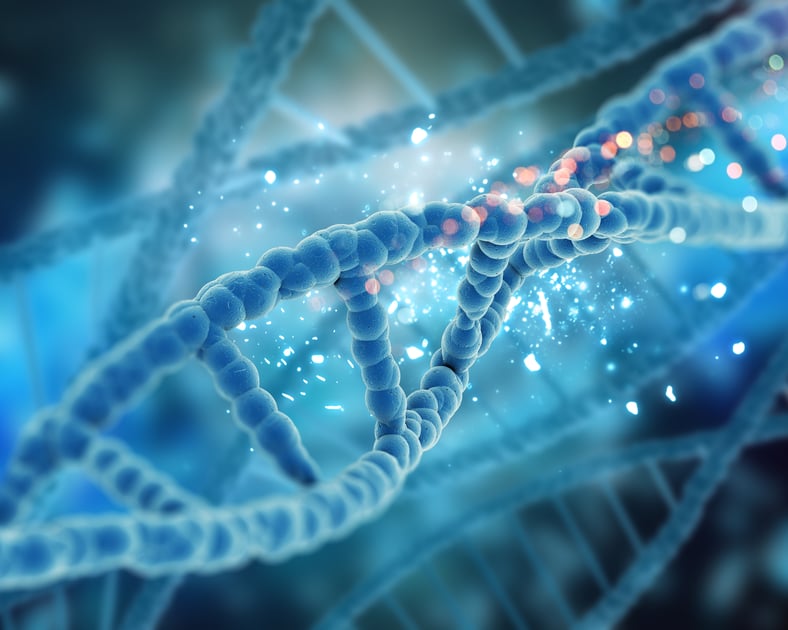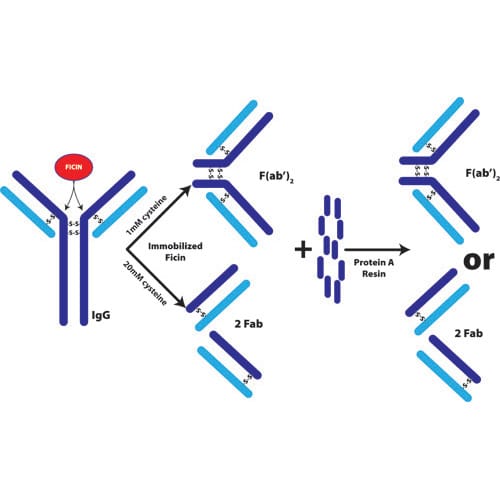How to Choose the Right Plasmid Vector
Read More
0 Comments Click here to read/write comments
Assessing Nucleic Acid Purity Via Absorption Spectroscopy
Posted by
The Protein Man on Nov 8, 2023 1:22:06 PM
0 Comments Click here to read/write comments
lincRNA: Long, Non-Coding RNA from Between the Genes
Posted by
The Protein Man on Oct 5, 2023 11:46:21 AM
0 Comments Click here to read/write comments
Topics: Molecular Biology





